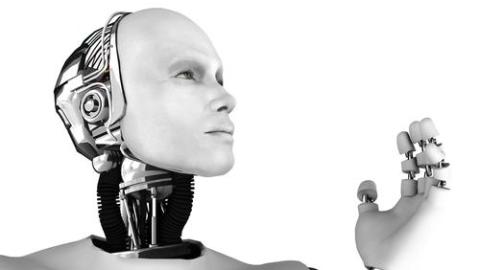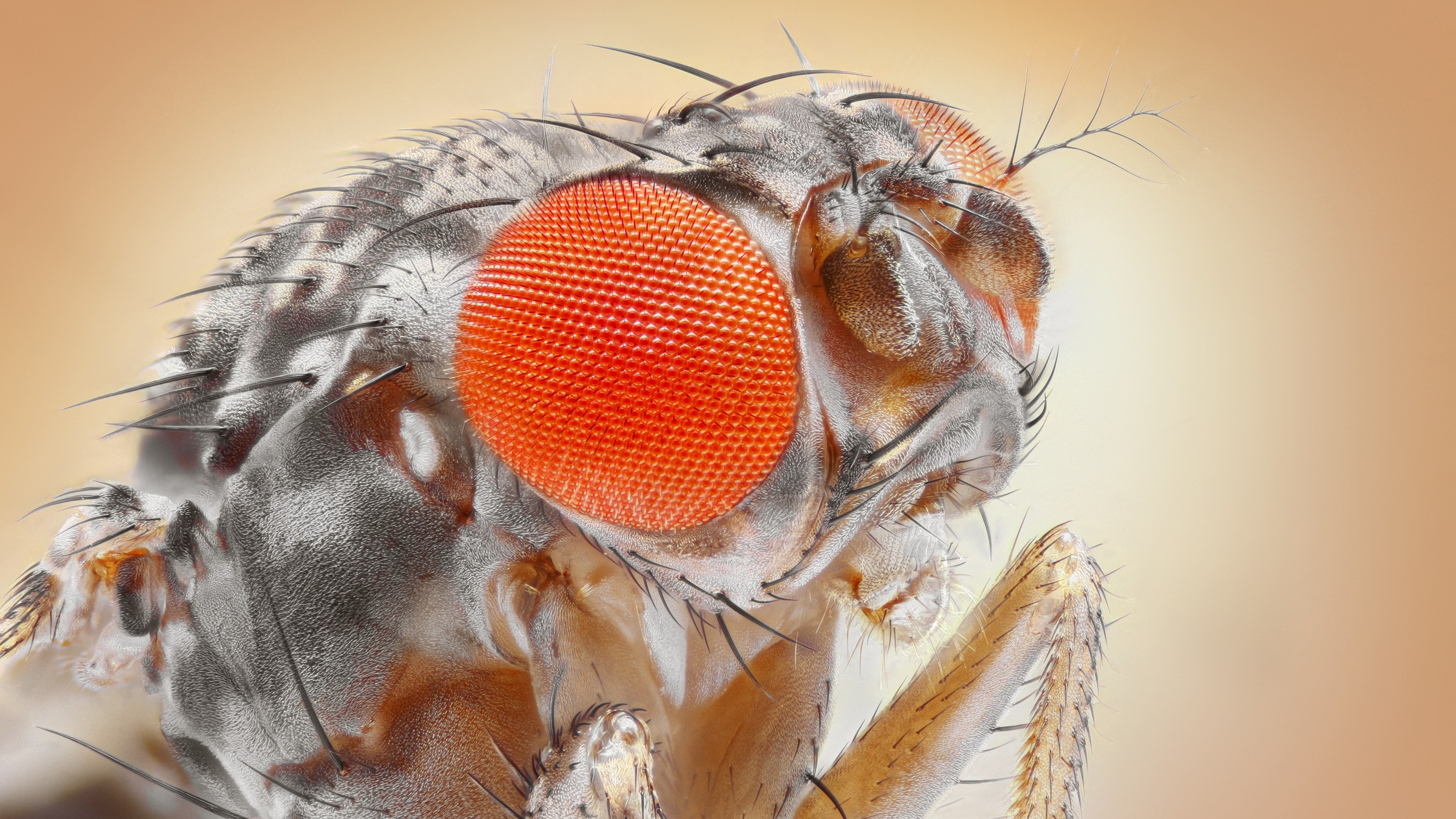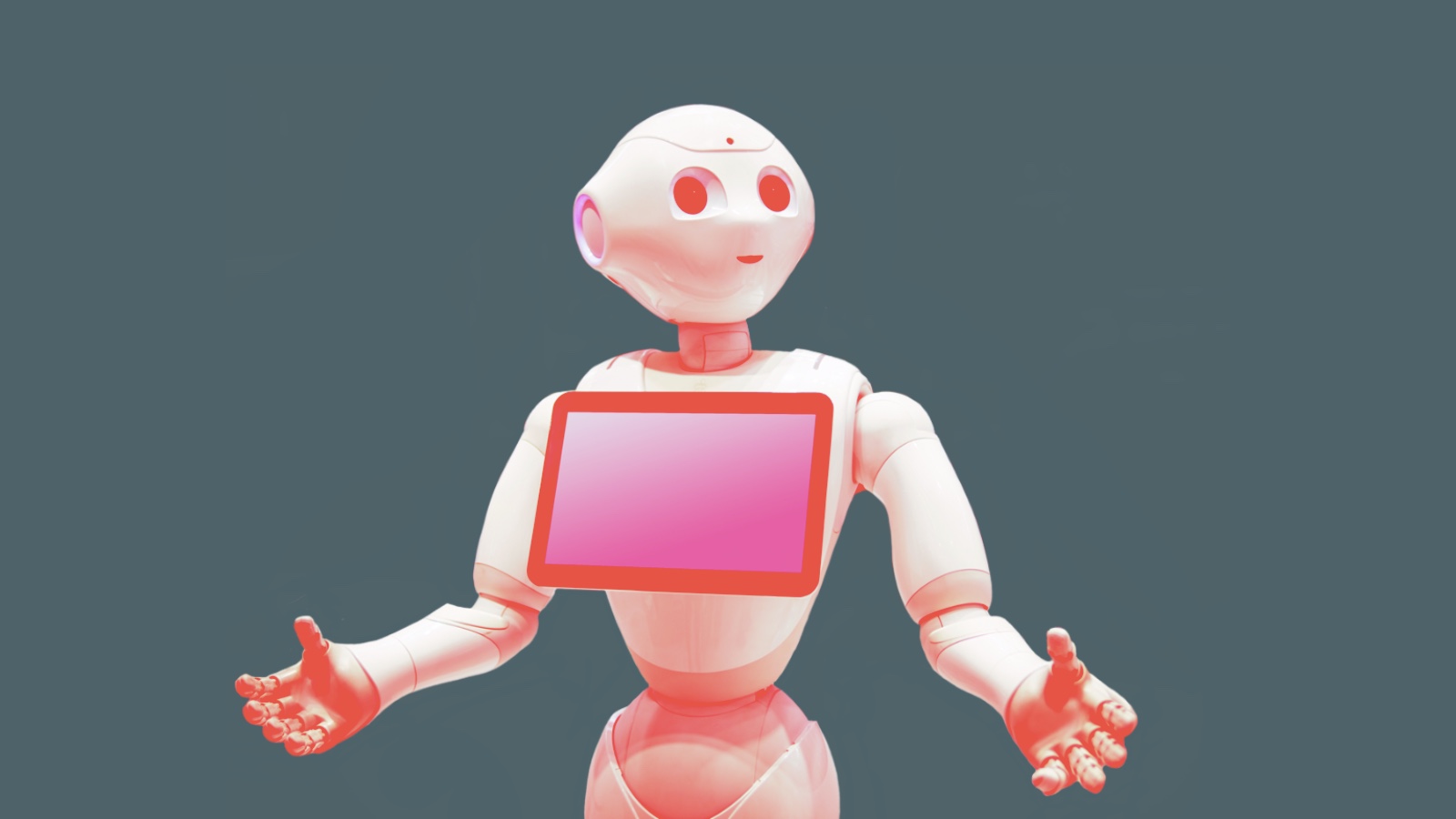Have Yale Engineers Created a Self-Aware Robot?

What’s the Latest Development?
The Yale Social Robotics Lab have created the first robot that learns about itself from experiencing in own physical characteristics in the context of the real world around it. Called Nico, the robot “is able to use a mirror as an instrument for spatial reasoning, allowing it to accurately determine where objects are located in space based on their reflections, rather than naively believing them to exist behind the mirror.” By combining its perceptual and motor capabilities, Nico can learn where its body parts are and how they interact with the surrounding environment.
What’s the Big Idea?
While Nico successfully uses a mirror to learn about itself and its environment through self-observation, no robot has yet passed the classic mirror test of self-awareness. In this test, experimenters make a change in an animal’s physical appearance, and if the animal recognizes that change in the mirror (typically by touching it with its hand), scientists generally consider it to be self-aware. Nico is partially a result of a $10 million grant given by the National Science Foundation to create “socially assistive” robots that can function as companions to children with special needs.
Photo credit: Shutterstock.com





